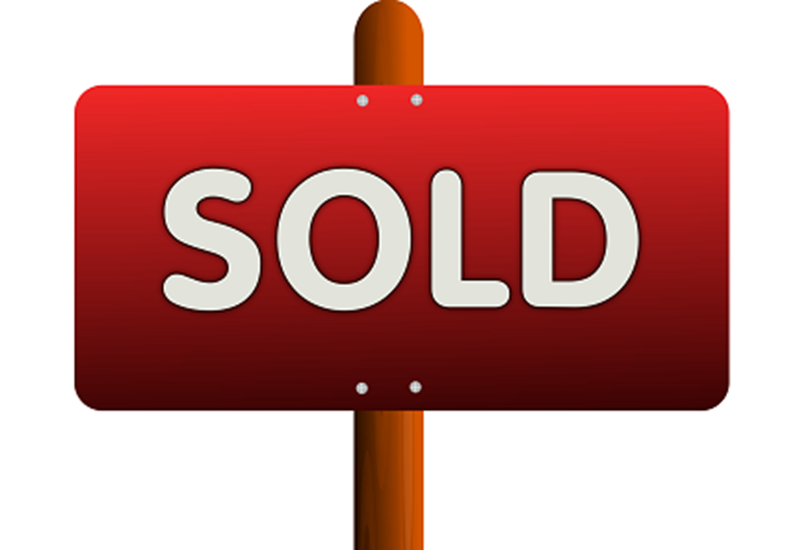
Have you been working on your sale strategy for a while and feel like things are going well? Perhaps you’ve had a recent viewing that’s left you hopeful? Or your agent has told you that a prospective buyer has been making all the right noises?
Whatever the case, it’s important that you remember the golden rule of property selling:
Never mark your property as “sold” until you've exchanged contracts.
Why not? Because until this point, there’s no commitment from your potential buyer. They can pull out at any time, at no expense. So if you mark your home as “sold subject to contract” too early, you risk missing enquiries from other buyers who may, in fact, be in a better position.
In Q1 2016, more than 1 in 4 sales (28%) collapsed. Some of the reasons are startling:
In short, don't put all your eggs in one basket. As genuine as a buyer might appear, their circumstances can change overnight (redundancy, illness, death etc.) and, before you know it, you're back at square one.
So whatever you do, don't let your agent's desire for a sold board override logic. Otherwise, there’s every chance that you – not they – will be left high and dry.
At Open Door, one of the reasons that we passionately promote modern property auctions is reduced risk. Our auction vendors receive a 10% non-refundable deposit within 24 hours of accepting an offer, and exchange contracts at the same time. In such scenarios, a sold board really does mean “sold”.
Remember, we’re always happy to hear how your sale is going, or discuss how we might be able to help. Just get in touch, any time, and one of our team will come back to you.
Other posts you may be interested in: